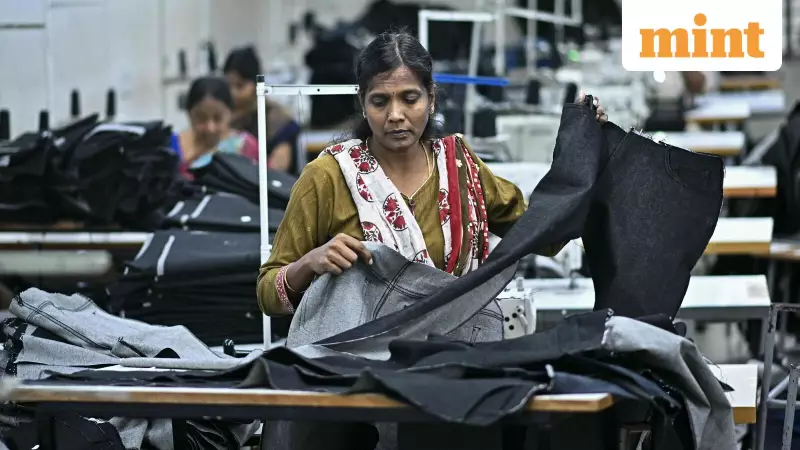
Textile Sector Applauds Landmark Labour Reforms
India's textile industry has largely welcomed the government's introduction of four new labour codes this Friday. The sector particularly praised the landmark decision to permit women to work night shifts, a move expected to enhance factory efficiency and significantly increase production capacity.
Boosting Global Competitiveness
Exporters emphasized that these changes will dramatically improve productivity, making Indian garments more competitive in international markets. Industry bodies highlighted that measures including single registration, single licence, and single return for employers will substantially ease business operations. The new inspector-cum-facilitator system replaces strict enforcement, creating a more supportive regulatory environment.
These reforms arrive as India's textile and apparel industry pushes for deeper integration into global supply chains, with ambitions to become a premier global sourcing hub. The sector's exports demonstrated strong growth, reaching $36.55 billion in FY25, up from $34.40 billion the previous year.
Industry Leaders Voice Support
Amit Thapar, president of Ganga Acrowools Limited, noted that higher wages would boost worker confidence and address the persistent issue of high attrition in spinning units. However, he expressed concern that the new rule allowing workers to receive gratuity after just one year of service, instead of the previous five-year requirement, might inadvertently increase turnover.
Mithileshwar Thakur, secretary general of the Apparel Export Promotion Council (AEPC), described the rollout as "a giant step towards simplifying and streamlining myriad existing labour laws." He emphasized that the reforms would "unshackle Indian industry" while ensuring transparency, job security, and social compliance for workers.
Thakur specifically highlighted the significance of removing Section 66 (1)(b) of the Factories Act, 1948, which prohibited women from night shifts. "This change will immediately address capacity-augmentation challenges and help India emerge as a major global sourcing hub for clothing," he stated.
Creating Balanced Growth
Prabhu Dhamodharan of the Indian Texpreneurs Federation affirmed that these measures would directly support efforts to build scale and global competitiveness, enabling companies to operate with greater stability and efficiency.
Raja M Shanmugam, former president of the Tiruppur Exporters' Association, urged for balanced implementation. "While the codes focus on workers' welfare, industries act as major employment generators. The government should consider a pro-industry approach during economic stress, creating a fair balance for both workers and employers," he recommended.






